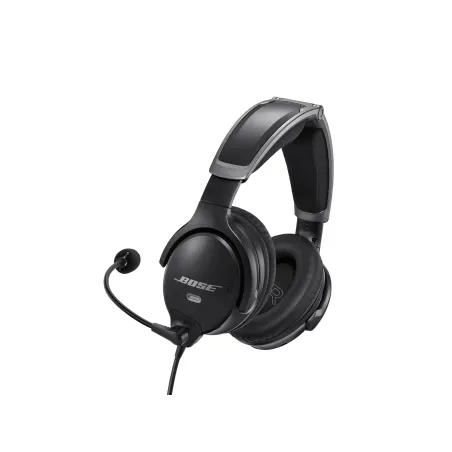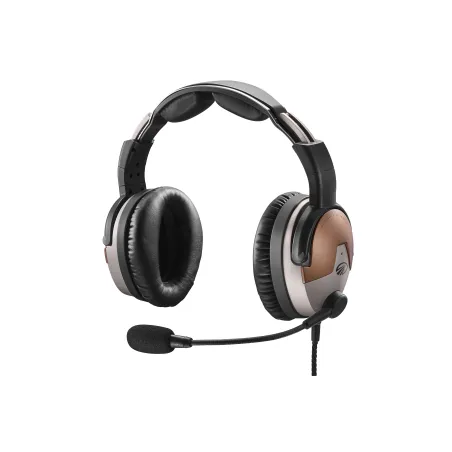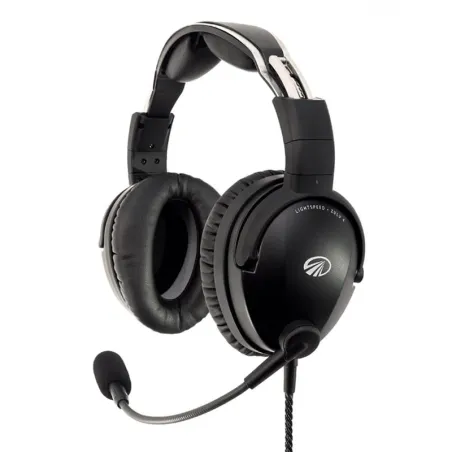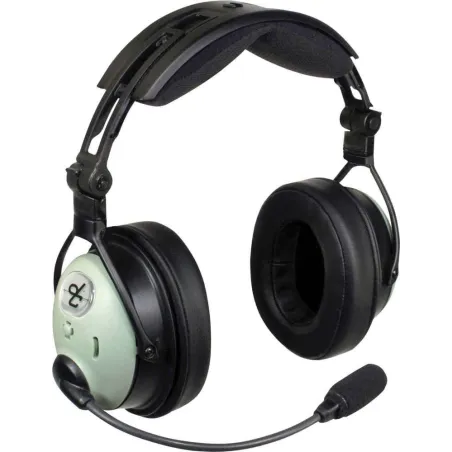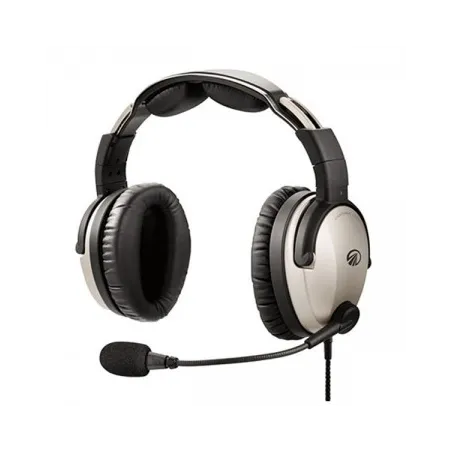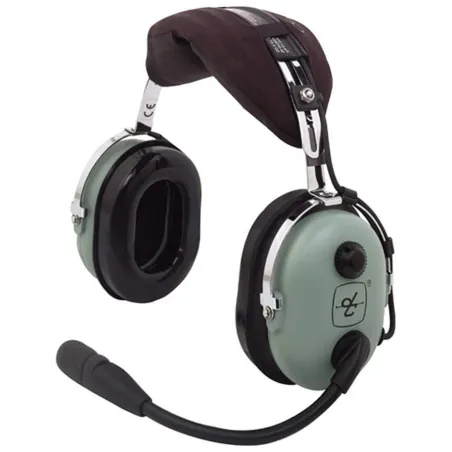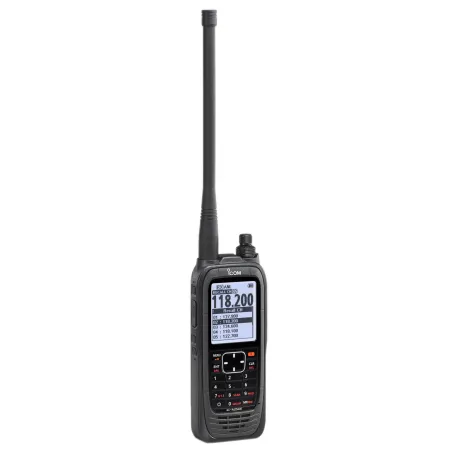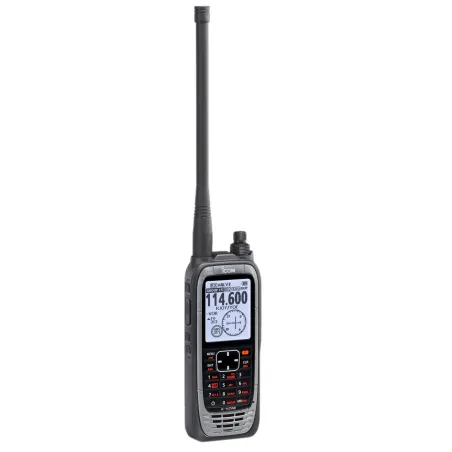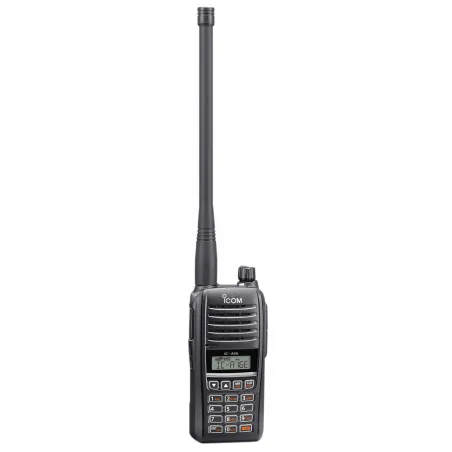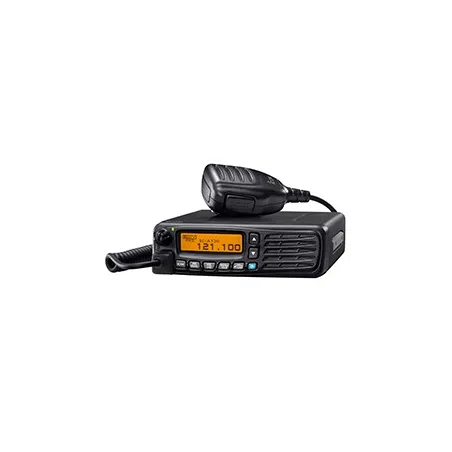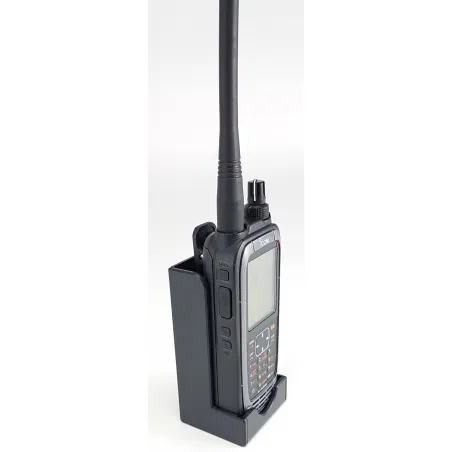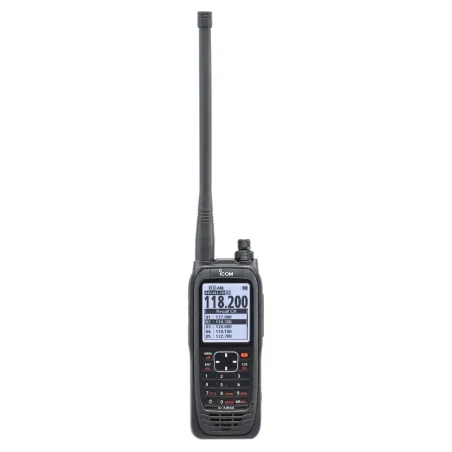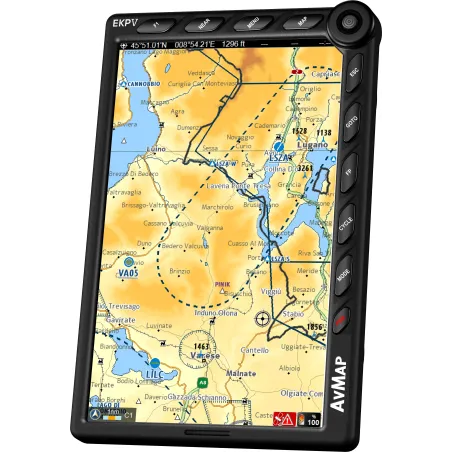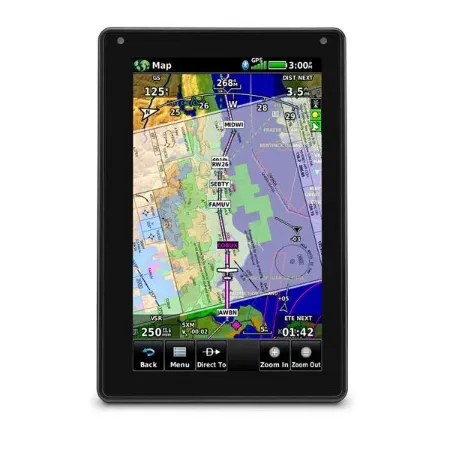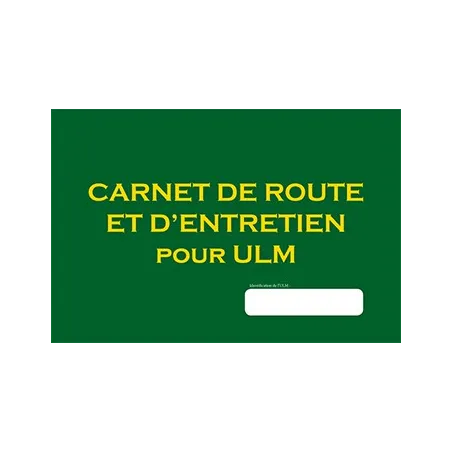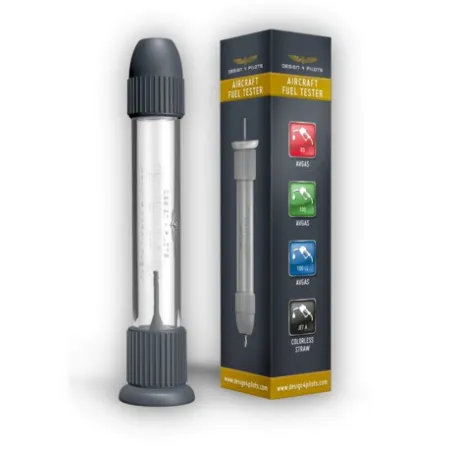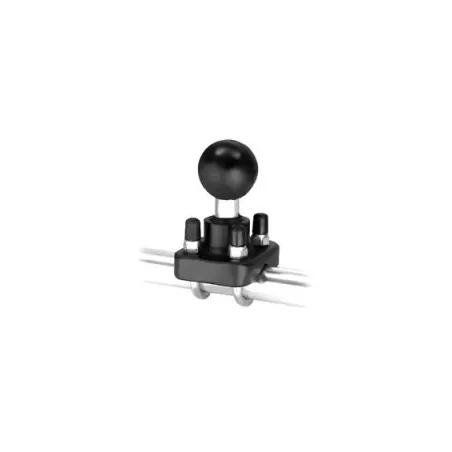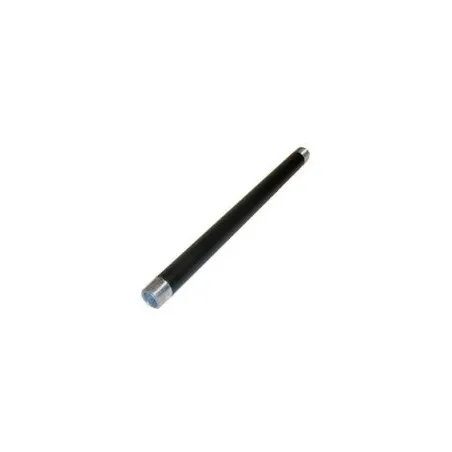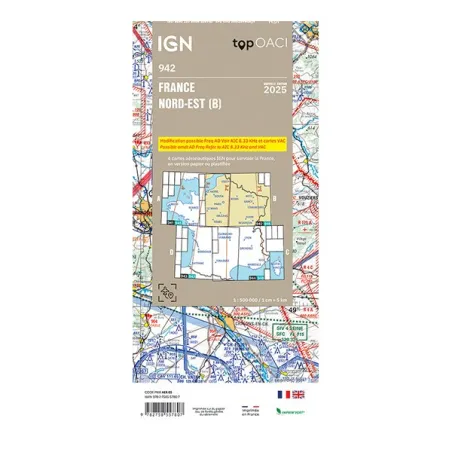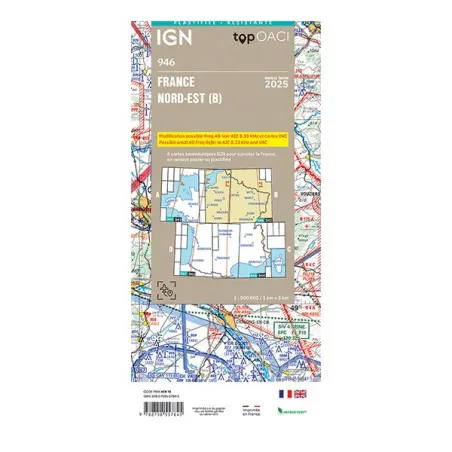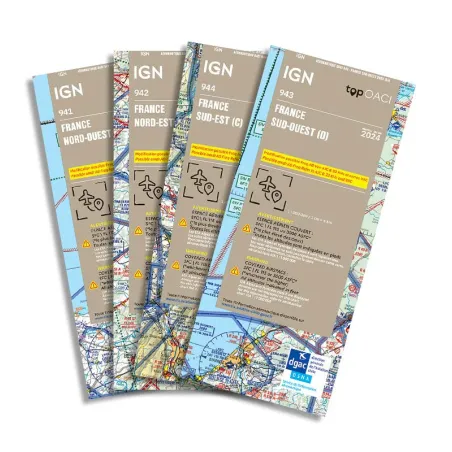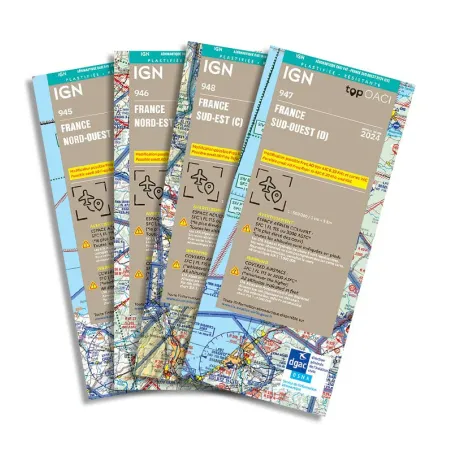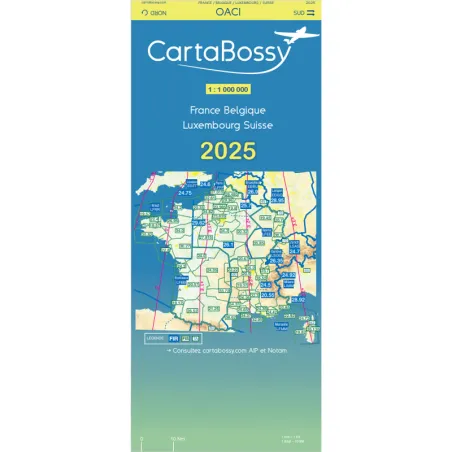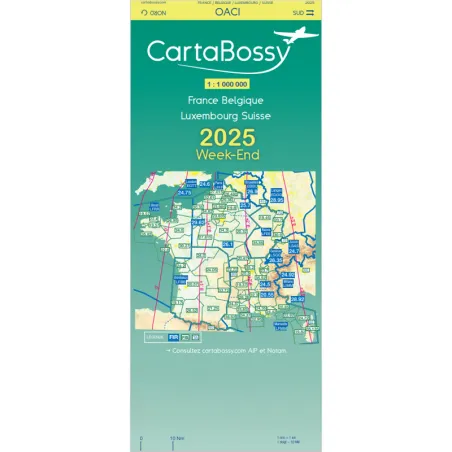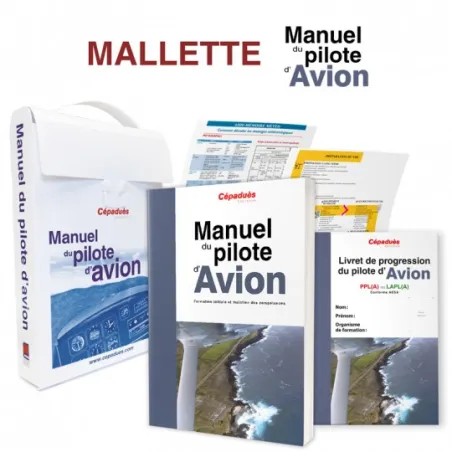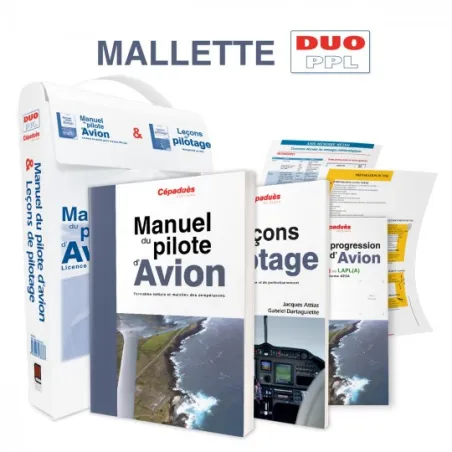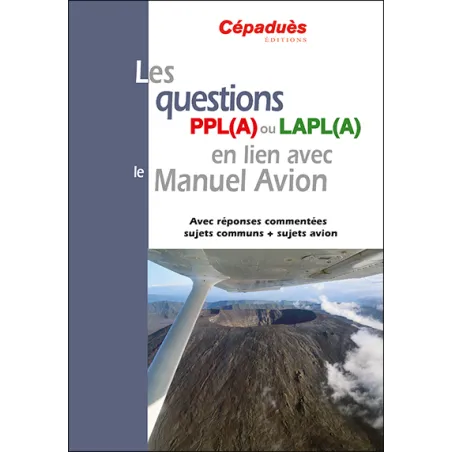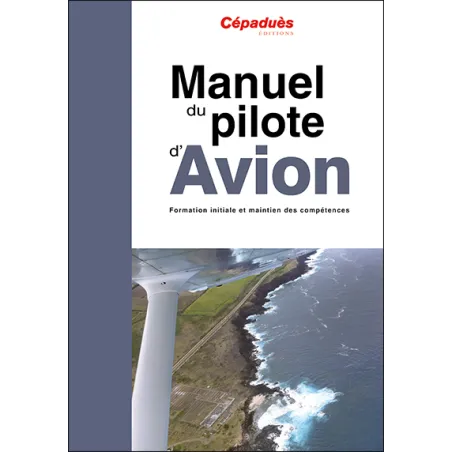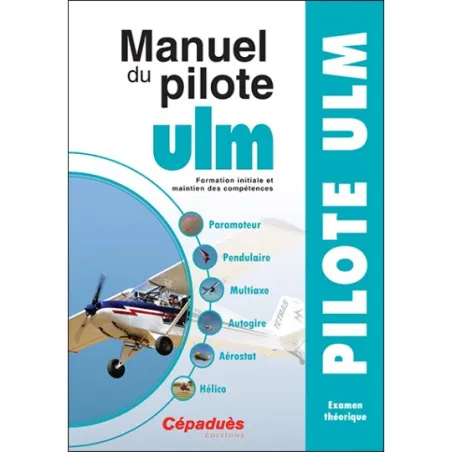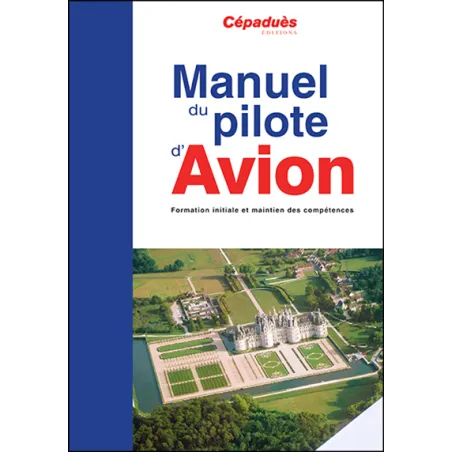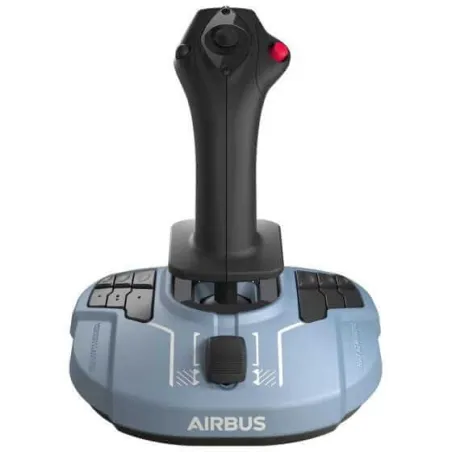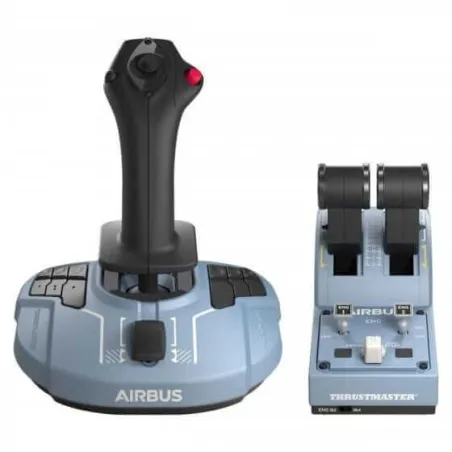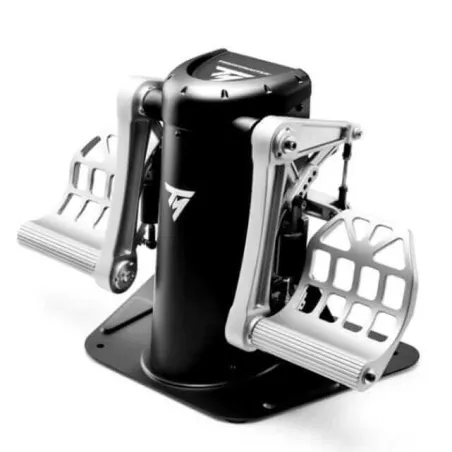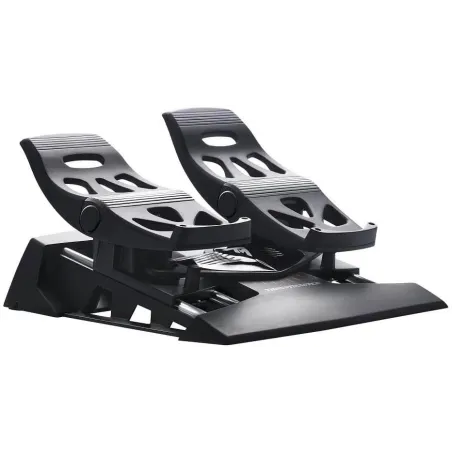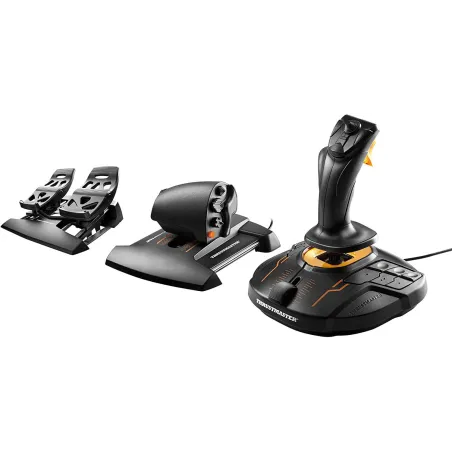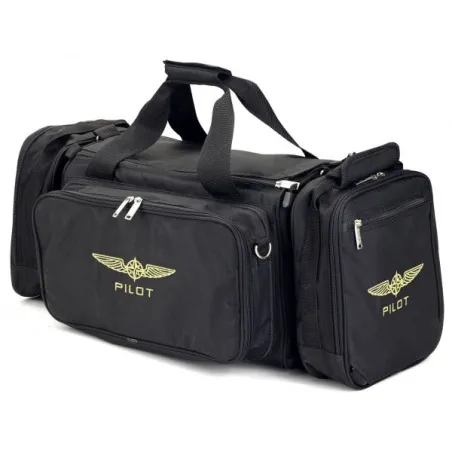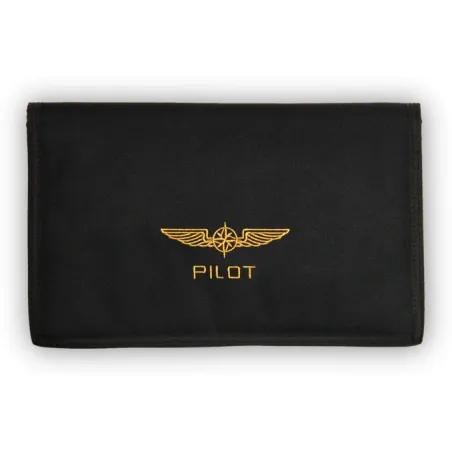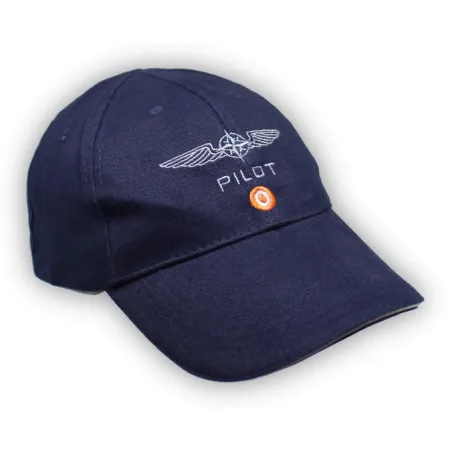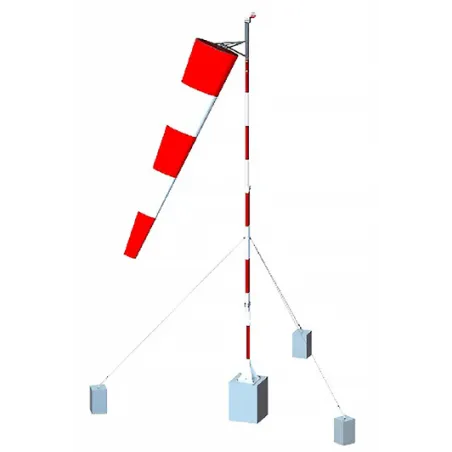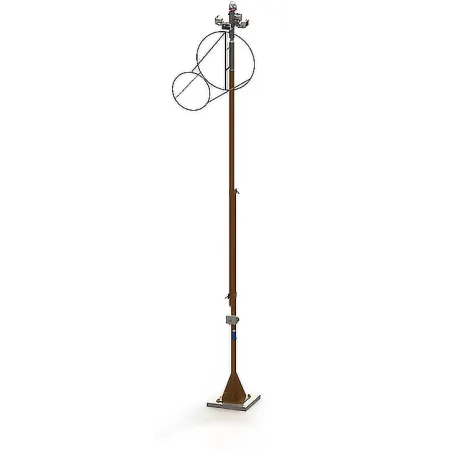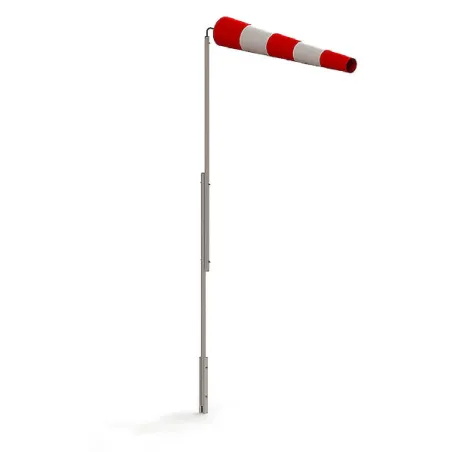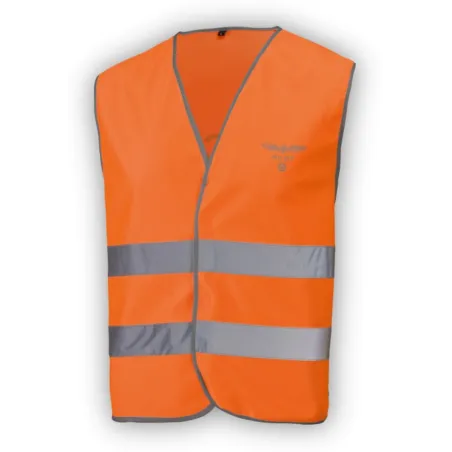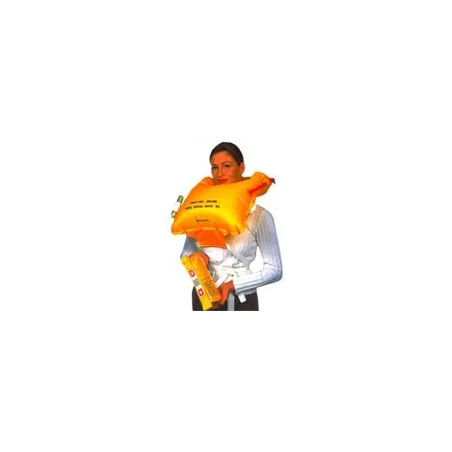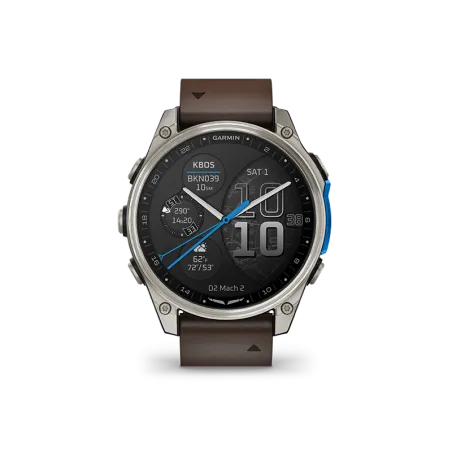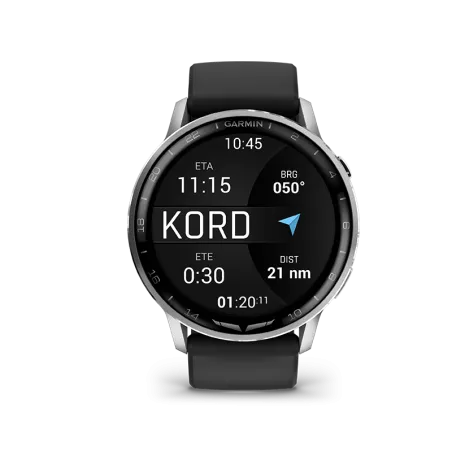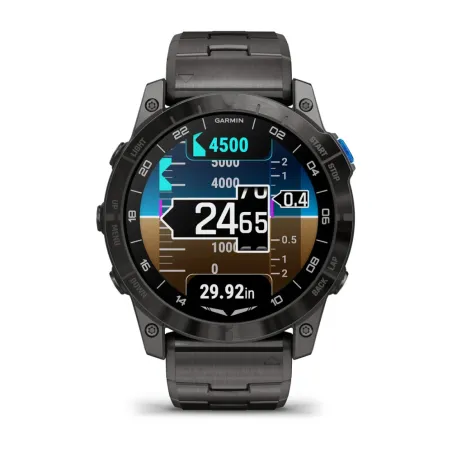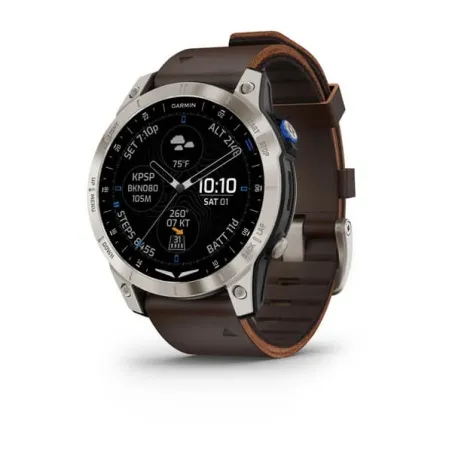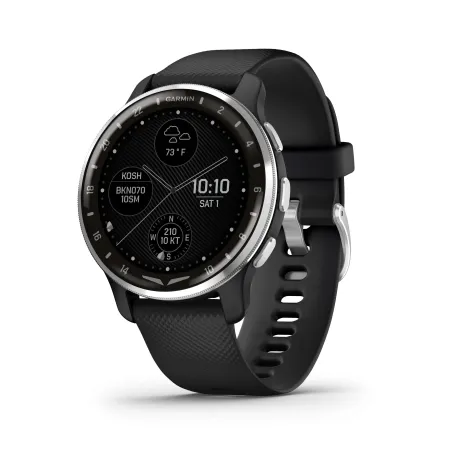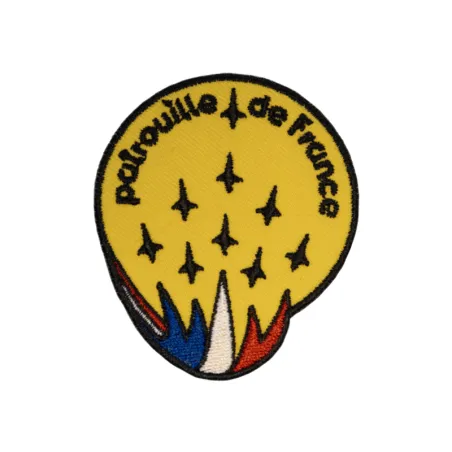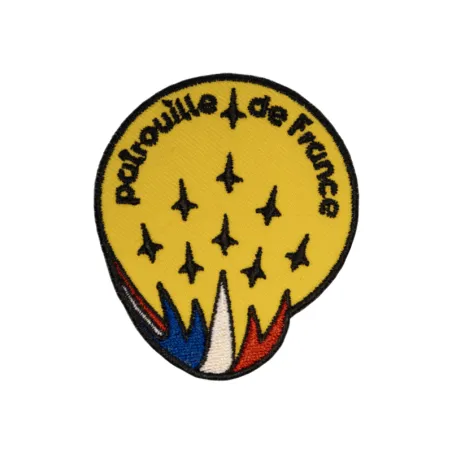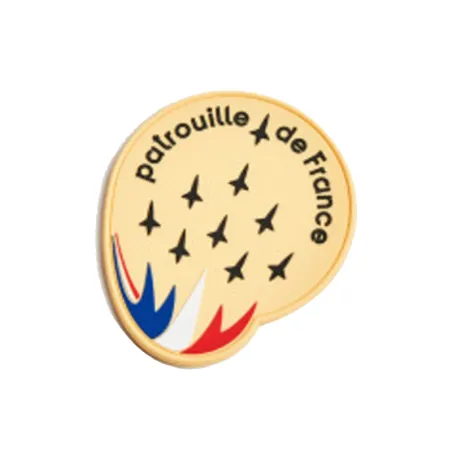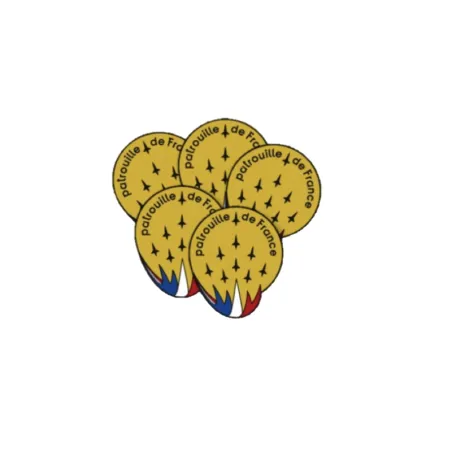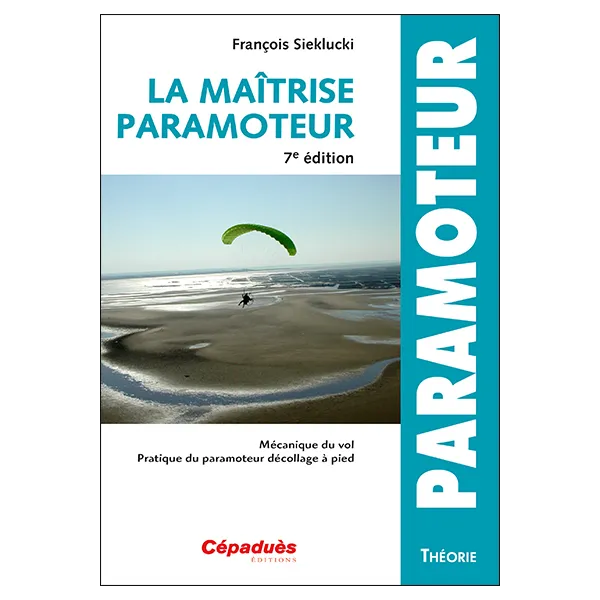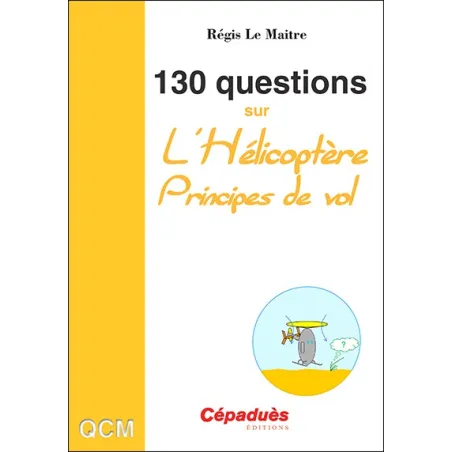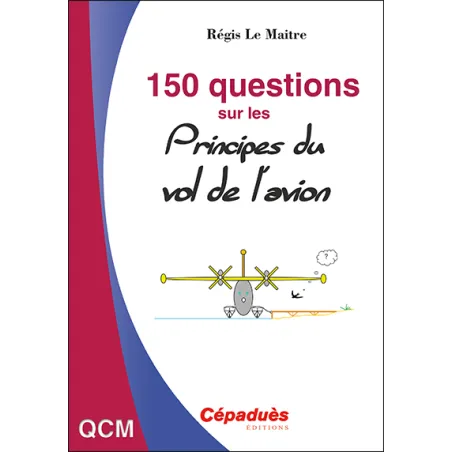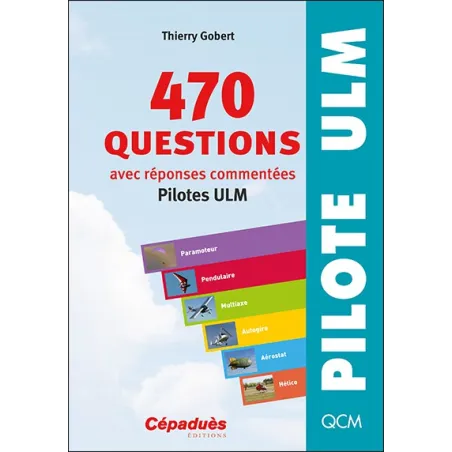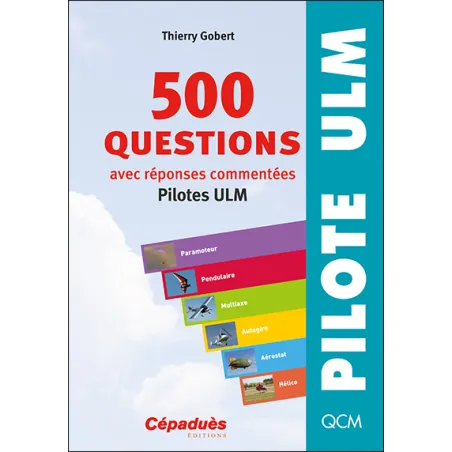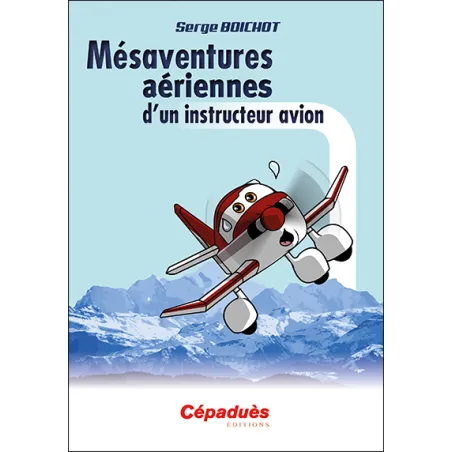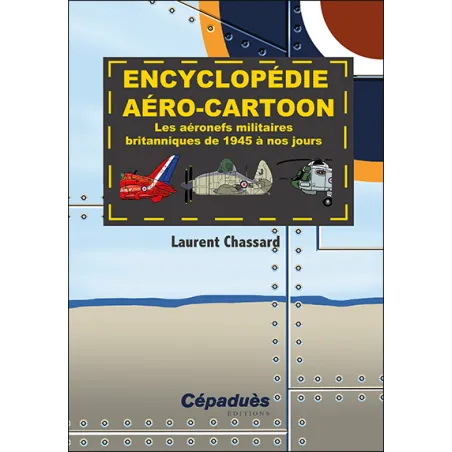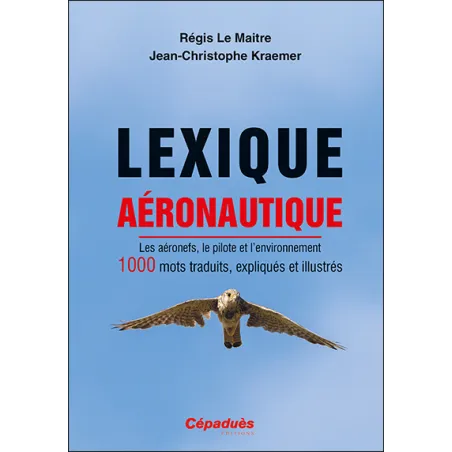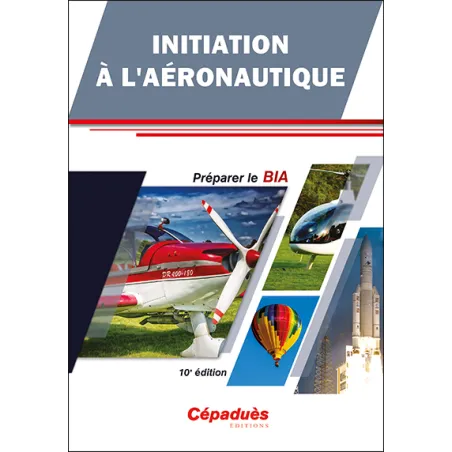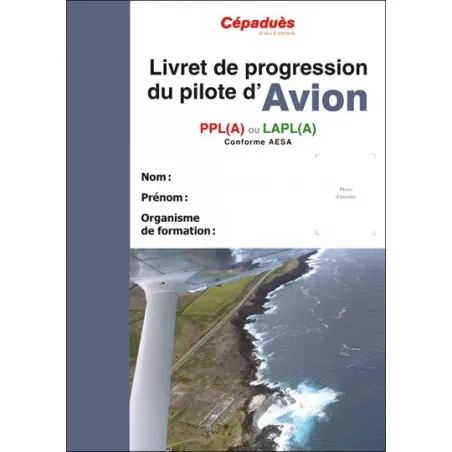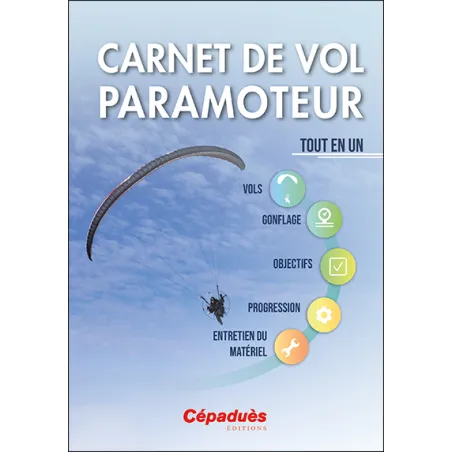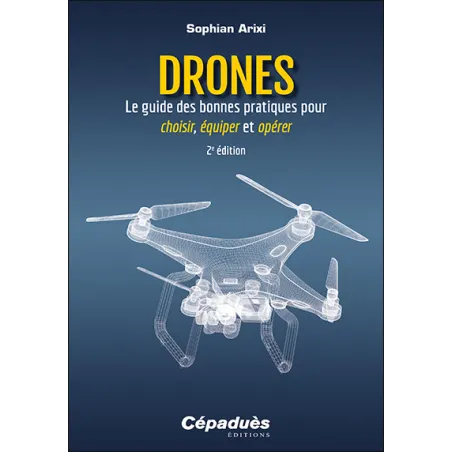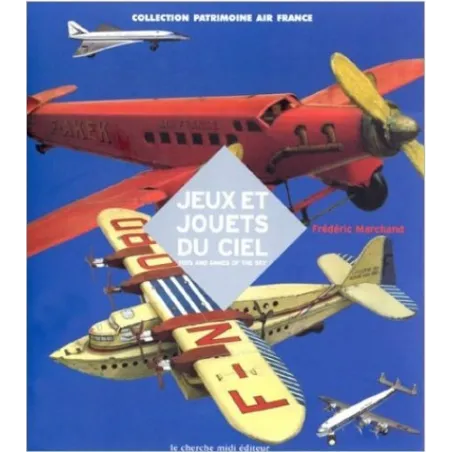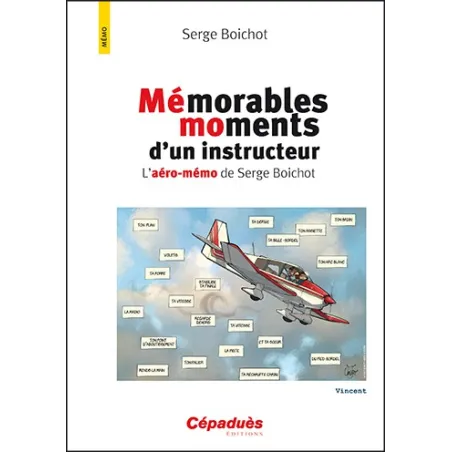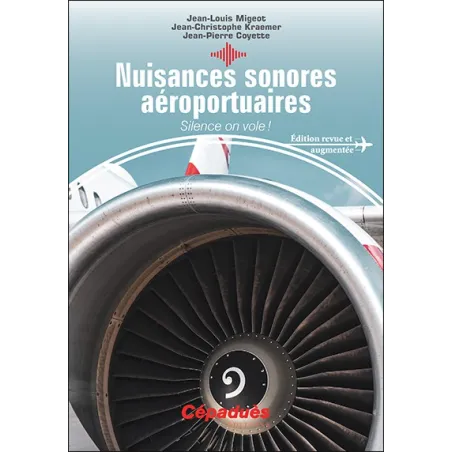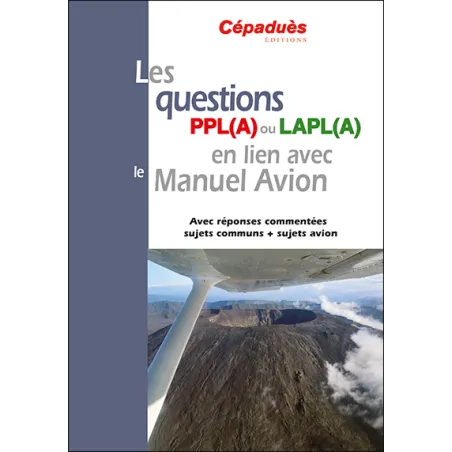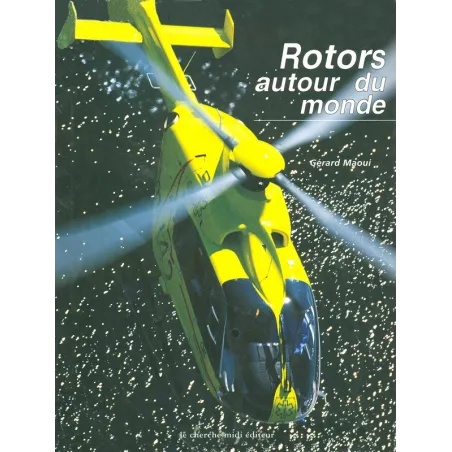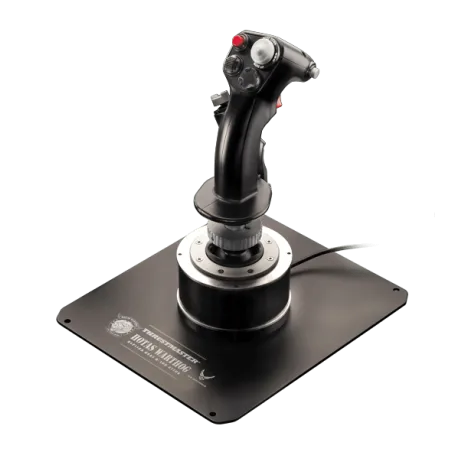Mastering Paramotor 7th edition
Price:
€26.00
Tax included
Shipping
to store and pick-up point
FREE delivery
from €299.99 purchase (1)
Payment in 4 installments
Via Paypal
(1) In mainland France. If the order exceeds a certain volume or weight, additional shipping fees may apply.
Expédition
en magasin et point relais
Livraison GRATUITE
dès 299,99€ d'achat (1)
Paiement en x4
Via Paypal
(1) En France métropolitaine. Si la commande dépasse un certain volume ou poids, des frais de livraison supplémentaires peuvent s'appliquer
Title: Mastering Paramotoring 7th edition
Subtitle: Flight Mechanics: Practical Paramotoring Foot Launching
Author(s): François Sieklucki
Publisher: Cépaduès Editions
Orders placed before
are shipped the same day.
The aim of this book is to enable future ULM pilots who are candidates for the ULM common theory exam to prepare for and, above all, pass this test, whatever class they're heading for, and whatever option they've chosen: pilot or instructor.
In fact, the chapters on altimetry, regulations, meteorology, aerodynamics, navigation, on-board instruments, ultralight propulsion and human factors are the same for all classes of ultralight, and the questions asked during the theory test are selected from all these chapters. Only the section on "flight mechanics and paramotor practice" deals specifically with this discipline, and will therefore be of particular interest to paramotorists.
As for instructors, this book will enable them, during their students' training, to quickly and easily access the information they need, or to confirm certain knowledge they may have forgotten.
We have also classified all the knowledge we felt would be useful to ULM pilots by chapter.
- PREAMBLE
- ALTIMETRY
- Definition
-
- Some basic notions
- Altimetry issues (20)
- REGULATIONS
- Airspace division
- Air traffic organizations
- Languages
Preventing collisions between aircraft on the ground or in flight
Seats
Overflying water
Flying at high altitude
Preventing collisions between aircraft and ground obstacles
Documentation requirements for pilots for a pilot
Documents required for a student pilot
Aeronautical night
Signal area
Space classes
Integration into a runway circuit
Obstacle clearance height
Fuel carry-on
Fuel
Regulatory issues (25)
- METEOROLOGY - AEROLOGY
Heat exchange
Convection
Vertical temperature gradient
Composition of the atmosphere
Temperature gradient to the thermosphere
Humidity
Adiabatic transformation
Wind
On Earth, what is the length of the nautical mile (NM) used in nautical and aeronautical activities?
Laminar flow
Turbulent flow
Wind gradient
Gradient wind
Surface wind
Venturi effect
Bernoulli's law
Rolls
Latitude and longitude
Slope effect or influence of relief on synoptic wind
Height of influence
Turbulence
Gusts
Vertical movements
Main sources of turbulence "For information"
Main local winds in France
Jet Stream : "For information"
Condensation trails: "For information"
The Föhn effect
Breezes:
Confluence
Haze
Fog
Stratus
Cumulonimbus
Cloudiness
Ceiling
Supercooling
Different types of precipitation "For information"
Closed isobaric systems
Other systems
Buys Ballot law
Meteorological situation
The five air masses "For information"
Cloud composition
Cloud formation
Table of the top 10 clouds : about a hundred existing
Fronts and disturbances
Disturbances, fronts and associated cloud systems
Weather messages
Meteorological issues (30)
Navigation
General
Course, declination, heading, drift, deviation, wind speed and direction.
Crosswind, effective wind
Statement and graphic resolution of a navigation problem
Aeronautical charts and their complements
Magnetic declination and deviation: sign convention
Drift due to crosswind: sign convention
Application of the mnemonic formula
Latitude
Longitude
Some elements of radio qualification
Navigation questions (25)- AERODYNAMICS
- Appearance of lift
Definition of relative wind
Drag
Displacement of an aircraft in the air
Displacement in the air
Three remarkable angles
Relationships : attitude, incidence, slope
Appearance of lift
Factors influencing the appearance of lift
Increase in lift
Balance of flight
Climbing flight
Descending flight
Engine-off flight
Glide ratio
Turning flight
Stalling in level turns
Longitudinal balance or pitch stability
Lateral balance or roll stability
Yaw stability or course stability
Effects of different gusts of different gusts
Gusts as seen on the computer
Wind gradient
Wind decomposition
Polar
Propeller
Thrust
Gyroscopic torque
Radius of turn
Slope and rate of climb climb
Ground effect
Wing loading
Wake turbulence
Main speeds
Speed corrections according to T° and pressure
Some conversion factors
Aerodynamic questions (25) - SOME ON-BOARD INSTRUMENTS
- The anemometer
The variometer
The altimeter or altipod
The compass
On-board instrument questions (10)
ULM PROPULSION
The motor
The gearbox
The propeller
Mechanical questions (20) - MECHANICS OF FLIGHT AND PARAMOTOR PRACTICE
- The paramotor
The different hang-ups
Ground training
Engine habituation on the back
Starting up the aircraft on the ground: to adjust the carburettor
Carburettor adjustments
Starting up the aircraft on the back : before take-off
Settling into the harness
Checking the wing after take-off
Action on the trailing edge depending on hand position
Throttle control
Influence of both brakes
Arm-turns
Half-brake turns
Flight symmetry
Collapses : prevention and resolution
PTS, PTU, PTL, Framing
Choice of take-off axis
Line strength and breakage
Pre-flight check in the paramotor class
Fuel
Take-off performance
Pilot position during the take-off run
In-flight performance
Take-off sequence
Landing sequence
Remarks and advice
The first flight lap : example
Breakdowns: taught well before the first flight
Palletizing
The radio
Hot equipment
Some useful abbreviations
Some extracts from the "Q" code
A typical progression of "school" flights
Questions specific to paramotor practice (25) - HUMAN FACTORS
- Effects of altitude
Radial acceleration
Perception
Balance
Hearing
Proprioception
Sensory illusions
Lifestyle
Mental representation
Memories
Attention
reasoning
Managing one's own resources
Decision-making and judgement
Stress
Human reliability
Human errors
Human factors issues (20)
THE ORIGINS OF PARAMOTORS
A few dates - APPENDIX
Comments (0)
No customer reviews for the moment.
Your review appreciation cannot be sent
Report comment
Are you sure that you want to report this comment?
Report sent
Your report has been submitted and will be considered by a moderator.
Your report cannot be sent
Write your review
Review sent
Your comment has been submitted and will be available once approved by a moderator.
Your review cannot be sent
For any quote request, you can complete the form below by specifying the desired reference(s):
You may also like
Continue shopping
Orders placed before
are shipped the same day.
Hours
Minutes
Seconds

